About This Lesson
In this lesson, students watch a film about the Gamo people of the Ethiopian Rift Valley and explore how their ancient worldview raises questions about our modern way of life. This isolated area is one of the most densely populated rural regions of Africa, yet its people have been farming sustainably for 10,000 years. The film explores how the interconnected worldview of the Gamo people is fundamental in achieving long-term sustainability, both in the region and beyond.
For more resources on cultural, social, and environmental issues, visit: https://www.globalonenessproject.org




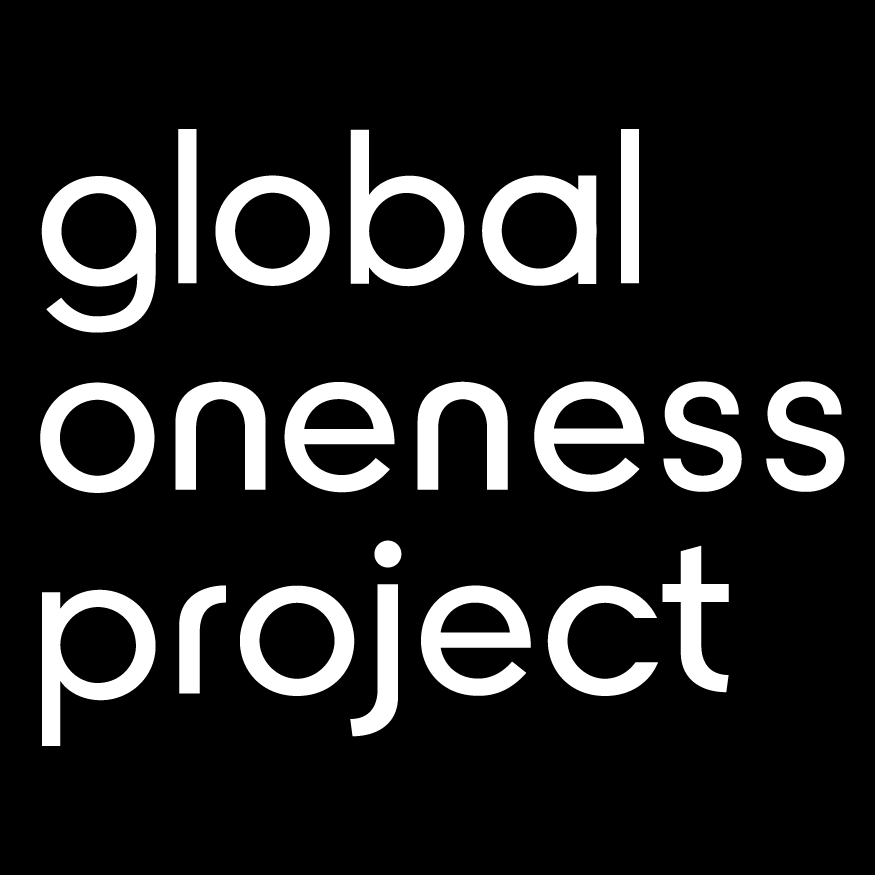
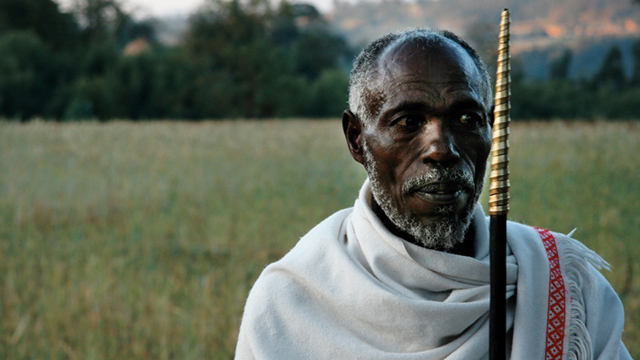



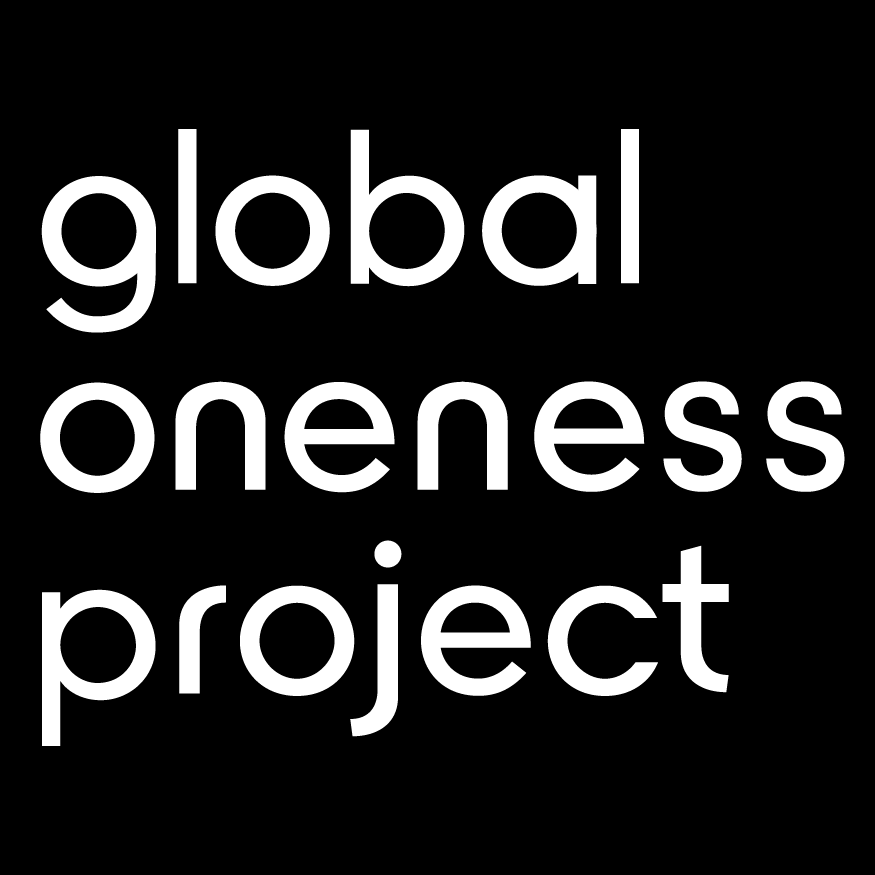



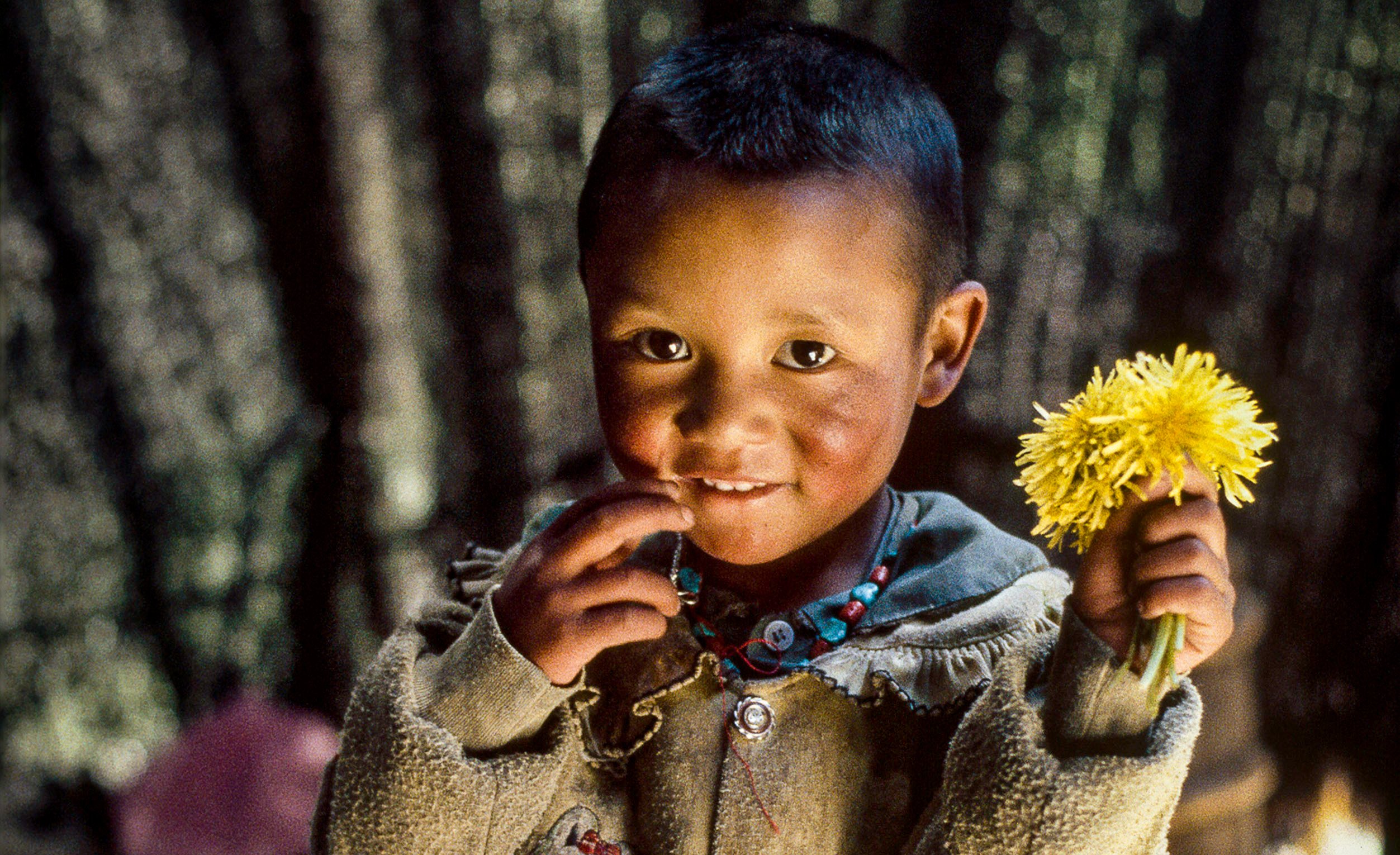

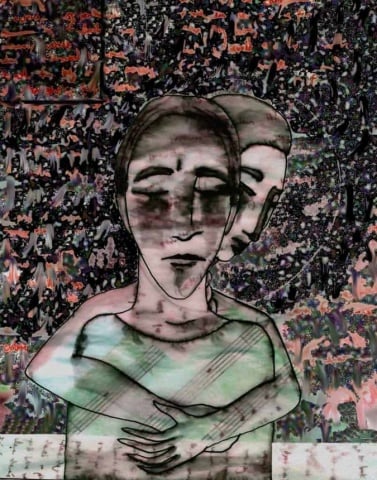
Overall, it's wonderful! However, the narrative set-up for the filmed quote (at 17:04) from the executive director of UNEP is not done well; it will be misleading for any viewer who does not already have accurate knowledge of how well organic agriculture compares to conventional or high-input agriculture. In the quote at 17:04, the speaker uses the term "traditional agriculture" in a context that is confusing and misleading. Traditional organic agriculture is what the Gamo Highlands people have been practicing for thousands of years. A prior discussion and defining of all these terms will be needed - and will be vital - for students or other viewers to derive a clear and accurate understanding of the crucial point being made in this segment, of comparing the productivity of two or more differing types of agricultural practices. Also, the lesson/classroom discussion should address the differing externalized costs - to human health and to the land and water - of these contrasting agricultural practices.